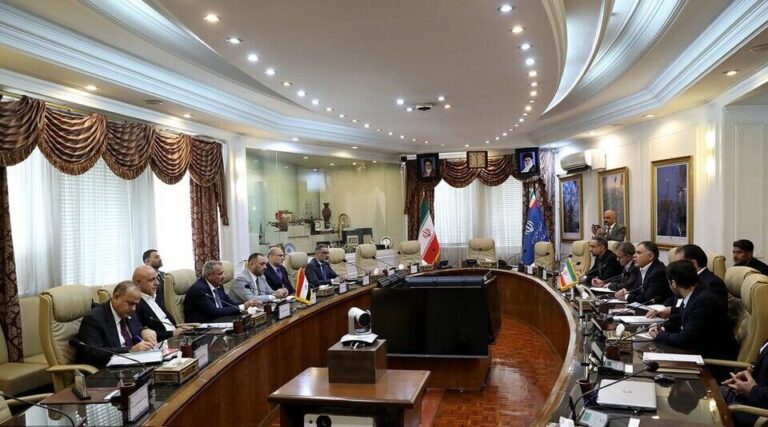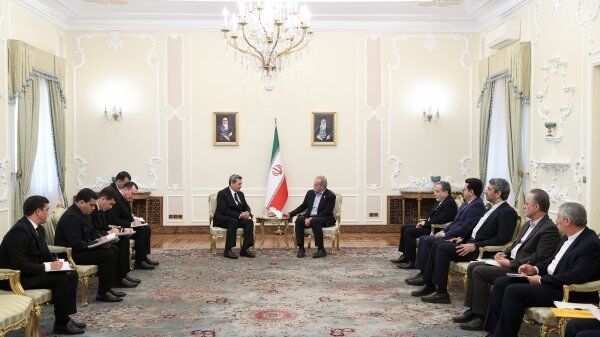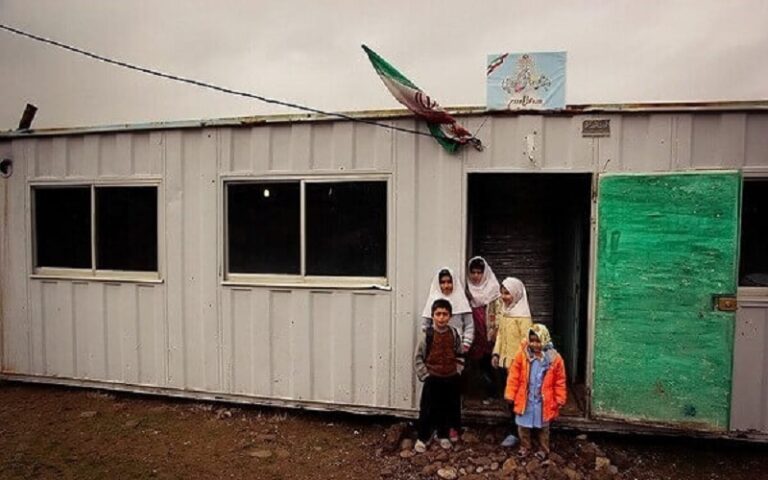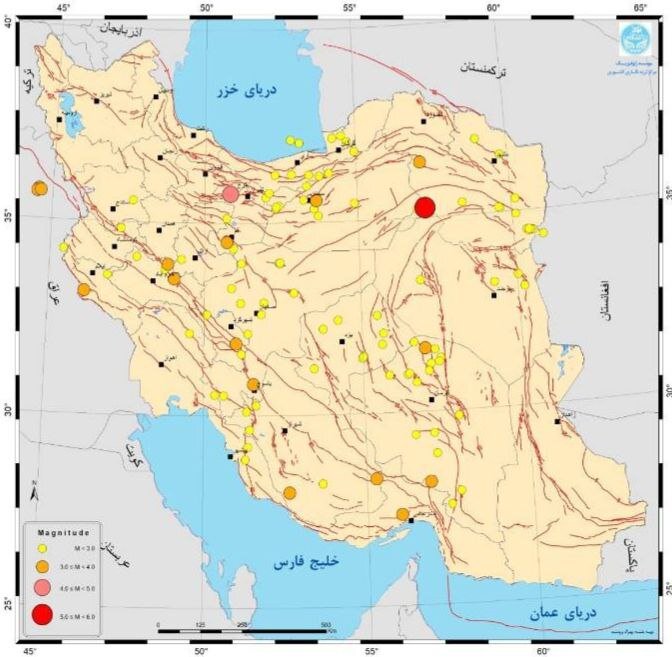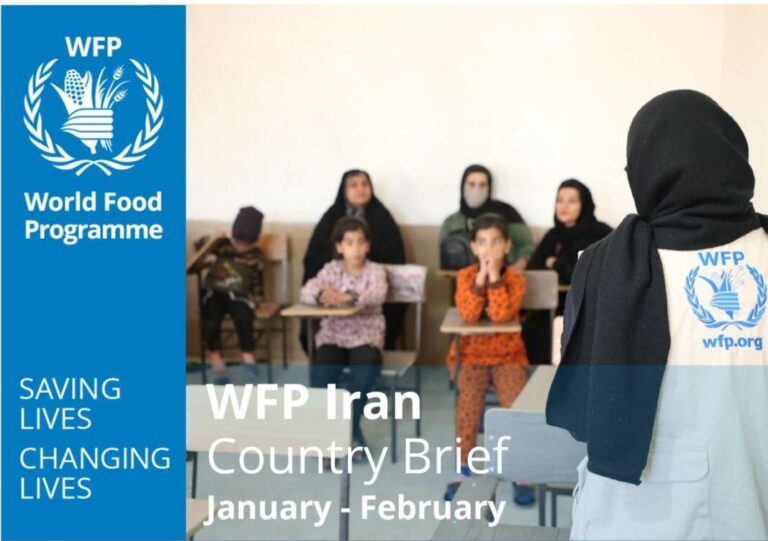Iran Urges Islamic Nations to Unite for AI Development and Innovation
In a significant move toward enhancing technological collaboration, First Vice President Mohammad-Reza Aref has emphasized the need for artificial intelligence development among Islamic countries. This call for action is grounded in three fundamental principles: multilateral cooperation, scientific synergy, and shared infrastructures. The Vice President’s remarks were made during the second Ministerial Meeting of the Organization of Islamic Cooperation (OIC-15) Dialogue Platform.
During the meeting, which took place from May 17 to 19, Aref outlined several strategic proposals aimed at fostering cooperation within the science and technology sector, particularly in artificial intelligence.
- Establishment of a High-Level Steering Group: Aref proposed creating a dedicated group to monitor global developments in AI within the OIC-15 framework.
- Development of a Roadmap: The second proposal involves formulating a medium- and long-term roadmap for scientific and technological cooperation in AI, with a focus on achievable goals.
- Networking Research and Academic Centers: Aref suggested enhancing collaboration among research institutions to leverage expertise across the Islamic world for joint research and development initiatives.
- Collaborative Funding for AI Projects: The fourth proposal calls for joint funding efforts for AI research, technology projects, and infrastructure, aiming to support strategic initiatives and startups across Islamic nations.
- Development of an Islamic Charter on AI Ethics: Lastly, Aref emphasized the importance of creating an ethical framework for AI development rooted in Islamic principles, human dignity, and social justice.
The theme of the three-day meeting was “Innovation in Science and Technology through using AI: A strategy for excellence, a bright future for the Islamic World.” This event served as a pivotal platform for enhancing regional cooperation through scientific diplomacy. It also provided an opportunity to address various challenges faced by Islamic nations in the technology sector.
Discussions during the meeting primarily focused on the role of AI in higher education, examining both the challenges and opportunities it presents, as well as its potential impact on economic development. Notably, the first multilateral document on artificial intelligence among Islamic countries was expected to be approved during this gathering.
Science Minister Hossein Simaei-Sarraf opened the meeting with a speech, followed by a series of expert panel discussions. Additionally, participants reviewed the implementation of decisions made at the inaugural ministerial meeting held in Almaty, and plans for the next meeting were also set to be finalized.
On the first day, attendees exchanged perspectives on AI, with heads of delegations presenting their insights. Science ministers and representatives then engaged in bilateral meetings to foster deeper collaboration.
In conjunction with the conference, an exhibition was held to display Iran’s advancements in science, technology, and AI, showcasing the capabilities of knowledge-based companies in the region.
The Organization of Islamic Cooperation (OIC) stands as the second-largest international organization following the United Nations, comprising 57 member states across four continents. The OIC Dialogue Platform, initiated by Kazakhstan in 2016, includes 15 leading technology nations, such as Kazakhstan, Iran, Turkey, Pakistan, and Indonesia. This initiative received approval during the 46th and 47th meetings of the Council of Foreign Ministers in 2018 and 2019.
The primary objective of this platform is to bolster the scientific and technical capabilities of Islamic states and to provide solutions for various challenges, including those related to the environment and energy. Key goals include:
- Sharing knowledge and expertise on science, technology, and innovation.
- Identifying and addressing systematic challenges faced by member states.
- Developing strategic solutions and partnerships among participating nations and international stakeholders.
This meeting marks a pivotal moment for Islamic nations as they strive to harness the power of artificial intelligence for collaborative growth and innovation.


